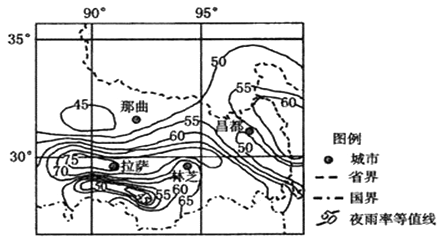Researchers at the University of Arizona, led by Teresa Cummins, conducted an exploratory study on the online learning modules, designed to supplement hands-on classes taught by local experts and supported by an overview text, to help users increase their understanding of key concepts in the Arizona Master Watershed Steward program. They also sought to determine whether program participants would use the non-compulsory modules.
Their evaluation revealed that module users increased their understanding of key watershed concepts; participants in the evaluation demonstrated a 30 percent increase in content knowledge following module use. Additionally, 70 percent of participants retained this knowledge through a two-month follow-up test.
A follow-up survey showed that approximately half of the participants returned to the online modules on their own; several of these users returned several times and spent multiple hours per session. Comments from the follow-up survey suggested that the users accessed the site either as they had the time or as they needed the information.
Online usage statistics indicated participants continued to visit the site for many months following the modules’ release and advertisement. Though many visits were very brief (a single pageview; only a couple of seconds), visitors with many returns to the site and/or long visits appeared to be working through the modules.
One participant stated, "My brain can only hold so much information; the modules keep information on-hand." Other participants commented that the modules were "more interesting and interactive" than the text material, and a "very effective tool" and "a great resource to the Master Watershed Steward community."
The Arizona Master Watershed Steward program, sponsored by University of Arizona, prepares adults to serve as volunteers in the conservation of water resources and the protection, restoration, and monitoring of their watersheds. The modules were intended to reinforce concepts covered in classes and further engage participants in the learning process.
One key finding was that the modules were not clearly preferred by users over in-person instruction. One participant stated, "For me, they are just another avenue for learning, a supplement or additional reference. I prefer in person and real hands-on learning." Other participants similarly expressed their desire for hands-on and face-to-face interaction. Several participants noted that the usefulness of in-person lectures—was a function of the presenter.
Overall, the exploratory evaluation indicated that the modules were a welcome supplement to the course and were effective in reinforcing key concepts. Participants retained knowledge for several weeks, although since subjects were self-selected, they may have been self-motivated to pay attention and master the online module materials.
"I am constantly searching for new ways to educate our program’s diverse audiences and reinforce watershed science concepts, " says Candice Rupprecht, state coordinator for the Master Watershed Steward program. "I am excited to know that online learning modules can enhance our program by offering additional independent learning opportunities for our volunteers.
Which of the following is the text mainly about()
A. In-person classroom learning and online learning
B. The pros and cons of online learning
C. Effective research tools to study the program
D. Online learning as a supplement of watershed program
参考答案:D
解析:
[试题类型] 主旨要义题。
[解题思路] 本题要求归纳文章的主旨大意。文章首先指出了研究人员做的一项研究,即对在线学习模块对使用者的影响进行研究。接着指出在线学习模块对使用者的学习有帮助,及在线学习模块的优点及劣势等,最后作者总结道,在线学习模块对于课程是一项有益的补充(Overall...the modules were a welcome supplement to the course and were effective in...)。由此可见,选项[D]正确。
[干扰排除] 选项[A]概括得不准确,文章并没深入讨论in-person classroom learning,只是在比较学员对在线学习模块的态度时有所提及,因此不能概括文章主旨。选项[B]“在线学习的优点及劣势”是作者讨论的一个方面,但概括得并不全面,故排除。文章第五段指出,在线学习模块对于学习者来说是一个“非常有效的学习工具”(a "very effective tool"),而并非研究者的有效研究工具(research tools),故选项[C]错误。

